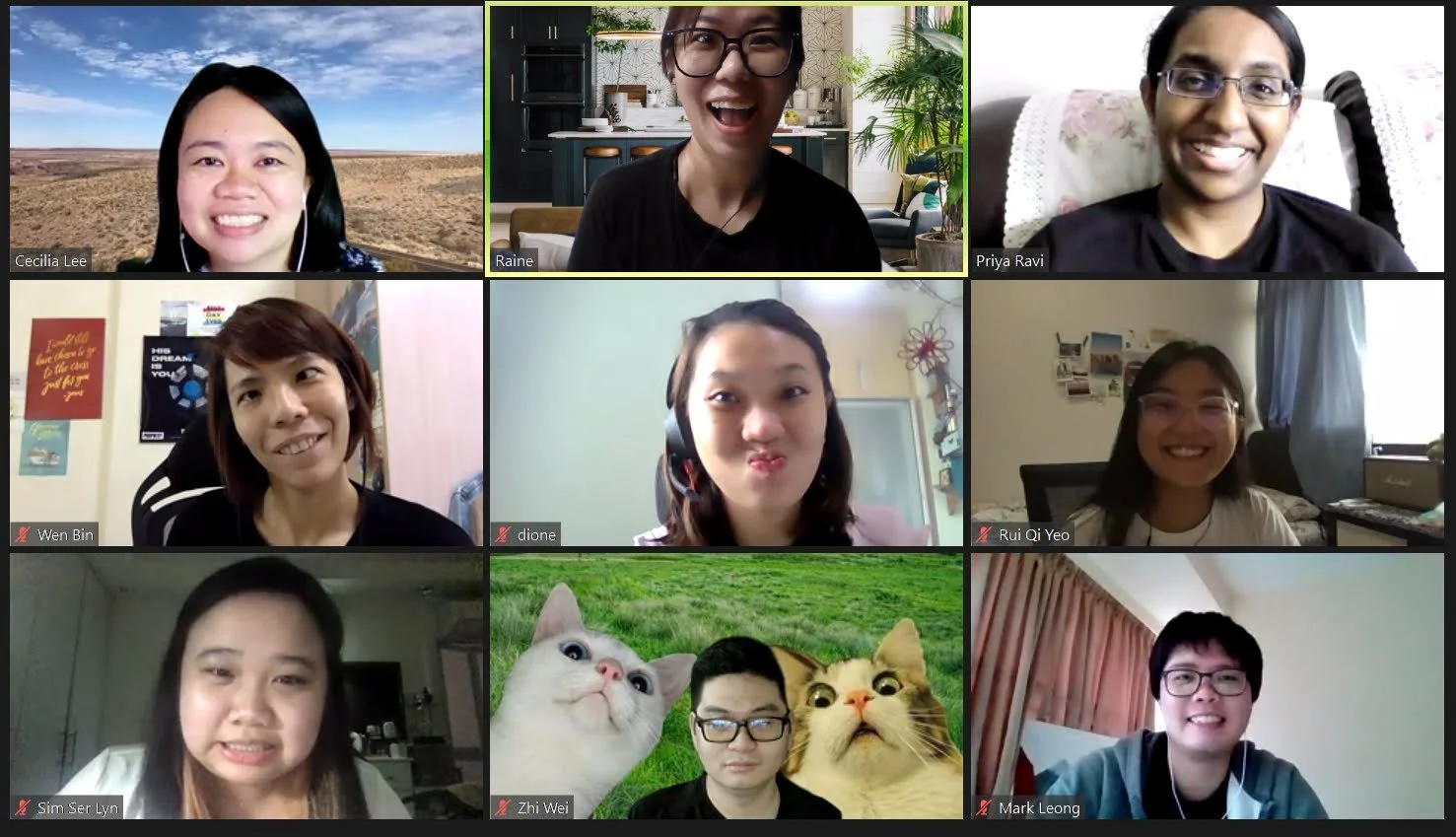Priya Ravi, ex-Partnerships and Outreach Assistant Manager at Skillseed, shares her thoughts on Mental Health at workplaces and their increasing importance as we live through a global pandemic.
What does mental health look like or mean to you? Perhaps some scented candles, indulgent desserts or a calming meditation may visualise in your mind. While those self-care experiences certainly sound inviting, there is a possibility that we are focusing on just one segment of mental health. This is not surprising as we are often conditioned to celebrate self-care behaviours - convenient for the capitalistic world to commercialise Mental Wellness. What we are missing in this conversation however is Mental Illnesses.
Mental health is not binary and exists on a continuum. Just like how physical health is a significant marker of our overall health, mental health is a crucial aspect of our health that often has an impact on our physical health as well.
Source: BMC Psychology
Mental Wellness exists towards the left side of the Mental Health Continuum Model and this is the area of mental health that we are quite comfortable addressing. For example, if we were feeling overwhelmed at work, we wouldn't hesitate to book a vacation for ourselves. However, as we transition to the right side of the Mental Health Continuum Model where Mental Illnesses become apparent, we hold back from discussing these illnesses and their adverse effects. It is promising that conversations on mental health have gained momentum over the years to increase awareness and learn how to better care for ourselves and others. It has become even more pressing to address this while we live through a global pandemic.
While COVID-19 has an obvious impact on our physical health, it has also taken an ugly toll on our mental health especially in our work environments. Aristotle the legendary Greek philosopher once said that “Man is by nature a social animal.” Human beings are programmed to survive and thrive with each other as a collective society. Being isolated for such a prolonged time during this pandemic goes against the laws of nature. According to the World Health Organisation (WHO), just in the first year of the pandemic, there has been a 25% increase in the prevalence of anxiety and depression worldwide. Social isolation from the pandemic has caused constraints on people’s ability to work, seek support and engage in their communities.
Having graduated and getting employed on my first full time job during a pandemic, I personally struggled to manage my mental health. The idea of experiencing the recruitment process, onboarding at Skillseed, and working entirely remotely was foreign and took a lot of time to adjust to. It was then that I dived deeper into expanding my knowledge on mental health and joined Mental ACT, a community organisation that provides mental health services and programmes to the South Asian Community, as a volunteer. This was a platform for me to understand different aspects of my mental health and share this awareness with others based on my own lived experiences.
Setting aside healthy boundaries continues to be a challenging but important tool to manage my mental health. Boundaries can be as simple as setting aside a designated workspace at home or setting alarms to ensure we finish work by our working hours and avoid spilling over to the rest of the evening. This helps to differentiate the workspace and living space in our houses especially when the lines can be easily blurred while working from home.
Apart from the steps that we can take as individuals to educate ourselves and figure out what works best for our mental health, knowing that we are not alone in tackling this and empathising with your peers and colleagues goes a long way too. At Skillseed, we have a practice of doing weekly check-ins on Monday mornings to get a sensing of everyone’s emotional state and bandwidth for the week.
At one of our weekly Team Scrum check-in!
As mentioned earlier, boundaries also extend to workplaces and at our Team Scrums, we are encouraged to only share what we are comfortable with. Knowing how everyone is doing helps those with slightly more bandwidth to lend a helping hand to a team member who may be overwhelmed. Being a tight-knitted team, we also have a peer support buddy system to look out for one another and offer support especially for newer team members.
Going beyond the team, Skillseed places relationality at the core of its culture and we are intentional in the way we communicate with all our stakeholders - a value that I hold close to my heart with gratitude. This can translate into more mindful language in the emails we send out or even anticipating potential triggers and comfort levels of participants in our training sessions. For example, if we were to share any distressing content in our courses (eg. based on actual case scenarios), they are often sandwiched between a trigger warning as a heads-up and mindfulness check-ins right after.
Even if these actions require extra time and effort, these are some ways that psychological safety can be ensured at workplaces. The Mental Health Toolkit by National Council of Social Service (NCSS) is a useful resource to see what other ways mental health can be promoted in our respective workplaces. It is heartening that mental health is gaining some spotlight in our healthcare system but we are still limited by systemic and social restrictions. With this promising transition, I dream of a future in our society where mental health is treated with the same importance as physical health, where a person’s mental health is not a basis for discrimination and one’s help seeking behaviour is encouraged and not stigmatised. Perhaps I will even dare to dream that we will have dedicated leave days for mental health that do not require a medical certificate and that we gain access to subsidised mental health services for all.
Incorporating wellness practices as an individual as well as at workplaces help to enhance our mental health. At the same time, when it comes to the less comfortable topic of mental illnesses and triggers, intentional listening by holding space and empathising without judgement is a promising start to a stigma-free work environment that will boost morale and productivity. Skillseed’s Human-Centred Leadership and Community Engagement Curriculum has been carefully designed with this intentionality in mind and we invite you to explore our modules on Intentional Listening, Relational Communication Competencies, Empathy and Emotional Awareness. We hope that this will be an enriching addition to make your workplace an inclusive and psychologically safe environment.
Resources
https://www.mom.gov.sg/covid-19/tripartite-advisory-on-mental-well-being-at-workplaces
https://www.tal.sg/wshc/campaigns/2021/workplace-mental-well-being-campaign-2021
https://www.aic.sg/body-mind/workplace-support-guidelines-tools
https://www.ncss.gov.sg/press-room/publications/MentalHealthToolkitforEmployers
https://delphis.org.uk/mental-health/continuum-mental-health/
https://www.who.int/teams/mental-health-and-substance-use/mental-health-and-covid-19



